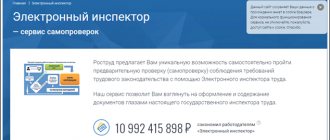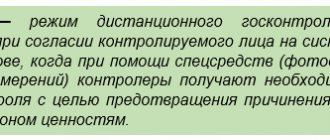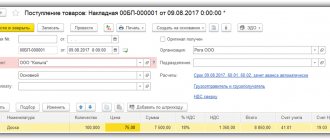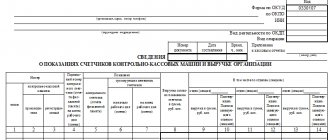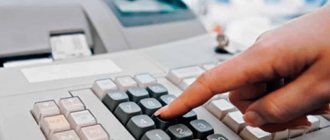Background: why did they adopt the law on online cash registers?
Officials decided to tighten control over cash payments in 2016. The tax office already knew about transactions in which entrepreneurs are paid into a bank account. Received information from banks, found contradictions with the amounts in the declaration and made demands for explanations. It was more difficult with cash: entrepreneurs conducted transactions unofficially and evaded paying taxes.
Companies providing patents and services to the public operated without cash registers. Businesses on the simplified tax system and OSNO used the old cash desks. Payments were recorded on a special EKLZ tape, which cannot be verified without a personal meeting with the entrepreneur. Inspectors did not have enough time to visit all stores, so most companies broke the law without problems.
Officials looked to South Korea for a solution to the problem, which introduced online cash registers in 2005. They automatically transfer all payments to the fiscal data operator, and the OFD to the tax office. In 2016, Russia adopted amendments to 54-FZ, which obligated entrepreneurs to switch to new cash registers. At the same time, they decided to connect to them everyone who receives payment in cash and electronic money, but previously issued other documents instead of cash receipts - BSO or receipts. As a result, the tax office will see almost all payments made by entrepreneurs, automatically select the most suspicious ones and send them requests or come with an audit.
